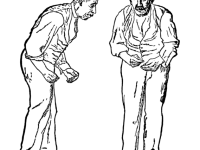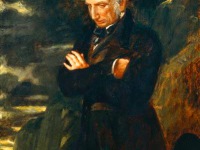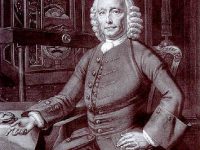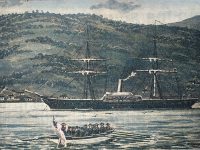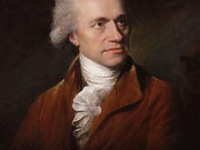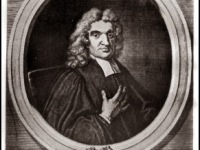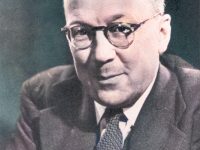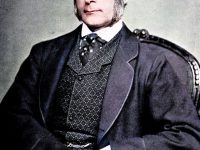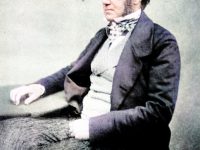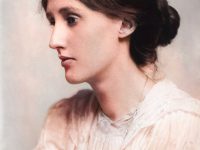James Parkinson and Parkinson’s Disease
On April 11, 1755, English apothecary surgeon, geologist, paleontologist, and political activist James Parkinson was born. He is most famous for his 1817 work, An Essay on the Shaking Palsy, in which he was the first to describe “paralysis agitans“, a condition that would later be renamed Parkinson‘s disease. James Parkinson James Parkinson was born in London. His father was an apothecary and surgeon, practicing in the city and in 1784 Parkinson…
Read more

